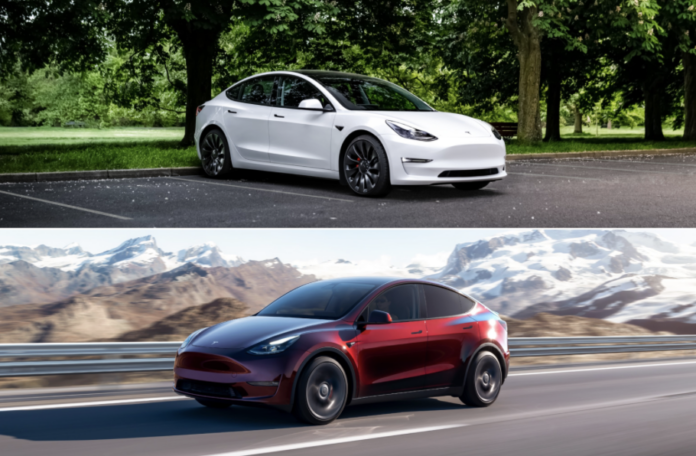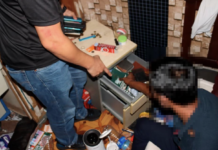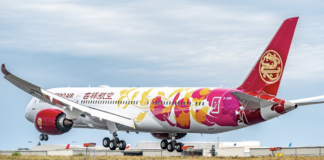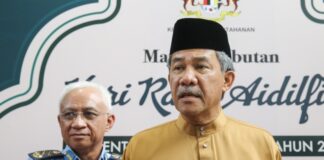BEIJING, May 9 – Chinese authorities have decided to remove restrictions on Tesla’s cars after it passed the country’s data security requirements, marking a significant milestone for the U.S. company in the world’s largest auto market.
The approval marks a significant step toward introducing Tesla’s Full Self-Driving (FSD) technology in China.
While Tesla has offered FSD upgrades to its Autopilot driver assistant in the country for years, data security and compliances have been why Tesla has been limited to features like automated lane-changing.
After Tesla CEO Elon Musk’s surprise visit to China, the carmaker announced on April 28 that Tesla’s Model 3 and Model Y vehicles were among the models subjected to testing and deemed compliant with China’s data security standards.
Alongside Tesla’s Model 3 and Model Y, several other new energy vehicles manufactured by BYD, Lotus, Nezha, Li Auto and NIO also have met China’s data security standards, but Texas-based Tesla became the only foreign company on the list.
For Tesla, “it’s a good thing, because it’s one more domino knocked down, in order for them to be able to potentially get the data from those cars out to America,” Mark Rainford, an influencer in the automotive industry and host of the YouTube channel Inside China Auto told China Daily.
He said Tesla has “this supercomputer that is currently learning how to teach autonomous cars based on what it sees. So it’s looking at how humans react to certain situations on the road. And obviously, China is Tesla’s second-largest market that has a lot of cars that they can get data from,” Rainford said.
“But currently, they can’t submit that data to the supercomputer to teach you how Chinese cars or Chinese drivers work and how Chinese roads work. So if they are able, at some point to get that data out to the U.S., then it will be a big benefit for them,” he said.
Since 2021, Chinese officials have required Tesla to store all data collected by its cars in China, specifically in Shanghai, prohibiting the transfer of any such data back to the United States.
Improving Tesla’s self-driving technology is important for the company with its current product range aging amid a rapid influx of new models from Chinese manufacturers, who are making brand new cars almost every week.
“All of those other brands, they are allowed to have the autonomous driving systems in China and Tesla can’t, that started to impact Tesla sales,” said Rainford.
Currently, the main benefit to Tesla to pass the country’s data security requirements is that some customers who were unable to go to some restricted locations, can now go to those restricted locations, said Rainford.
Tesla shares rose sharply on April 29 after the company received approval from Beijing to introduce its advanced service in China.
















